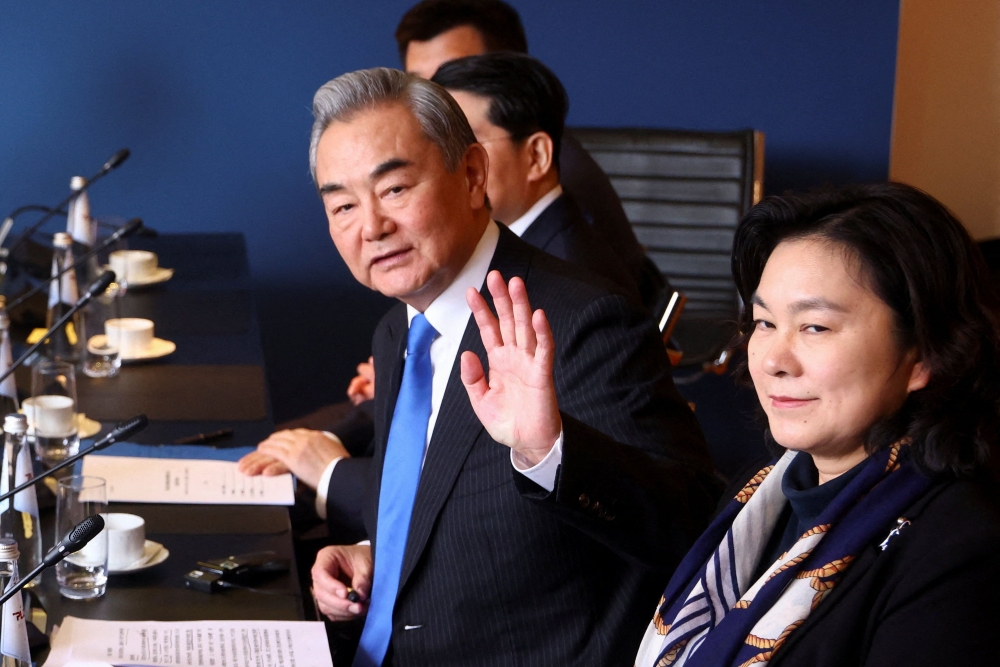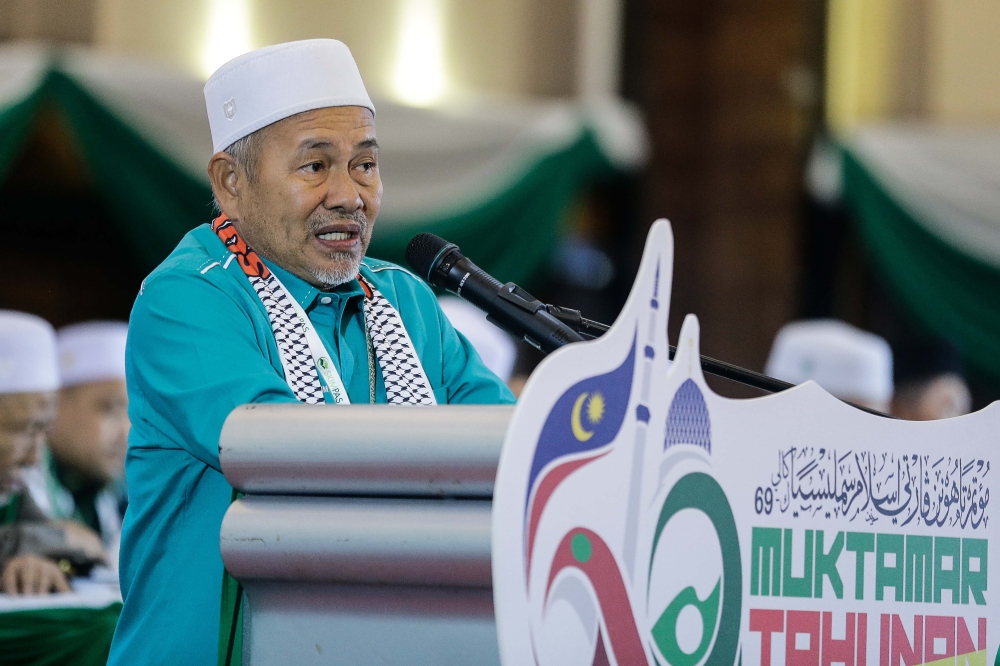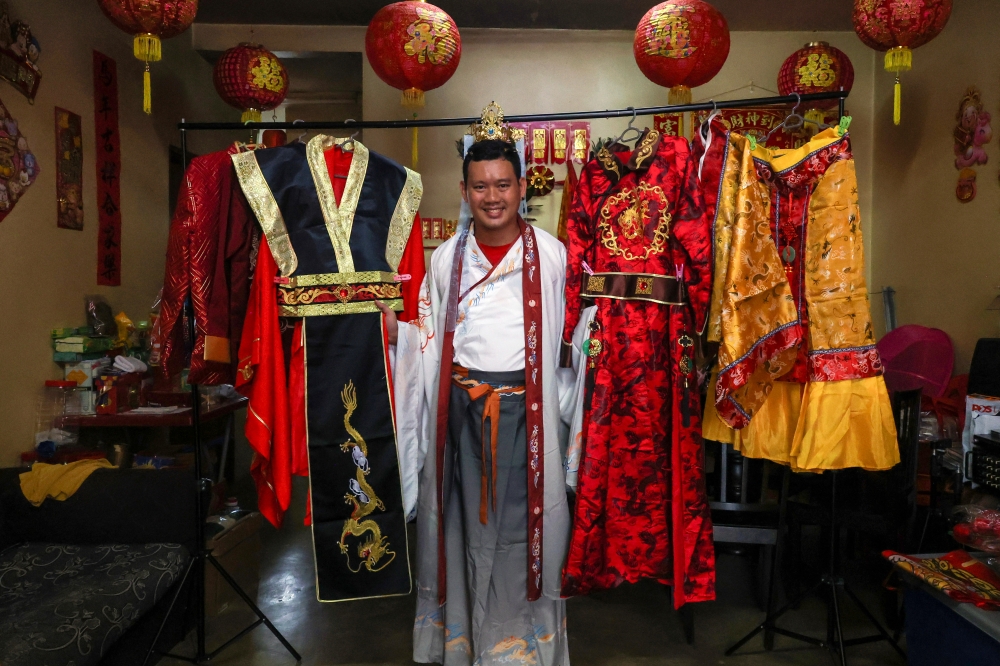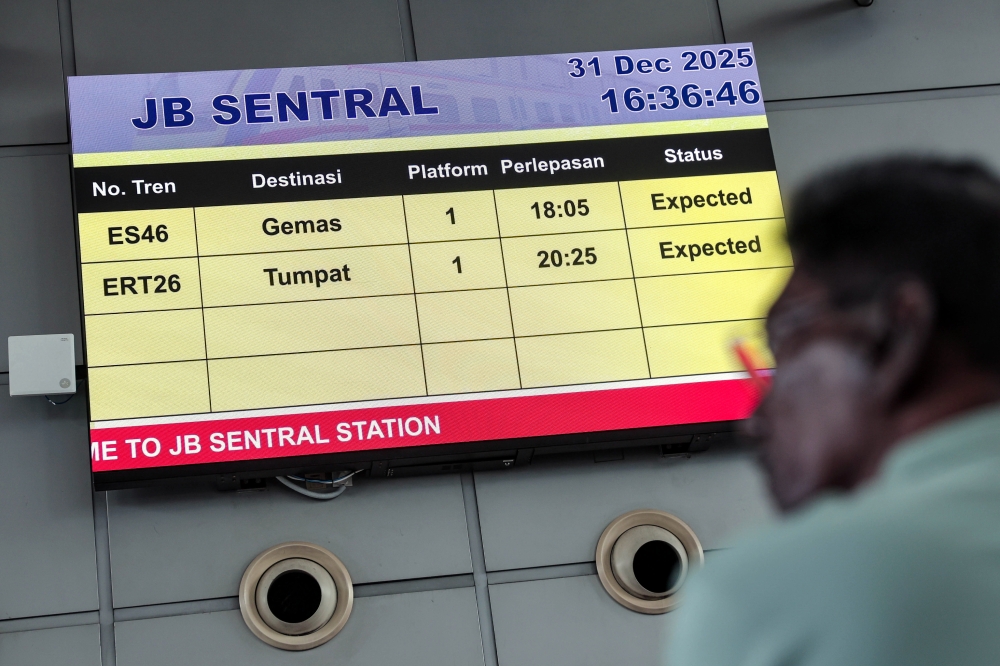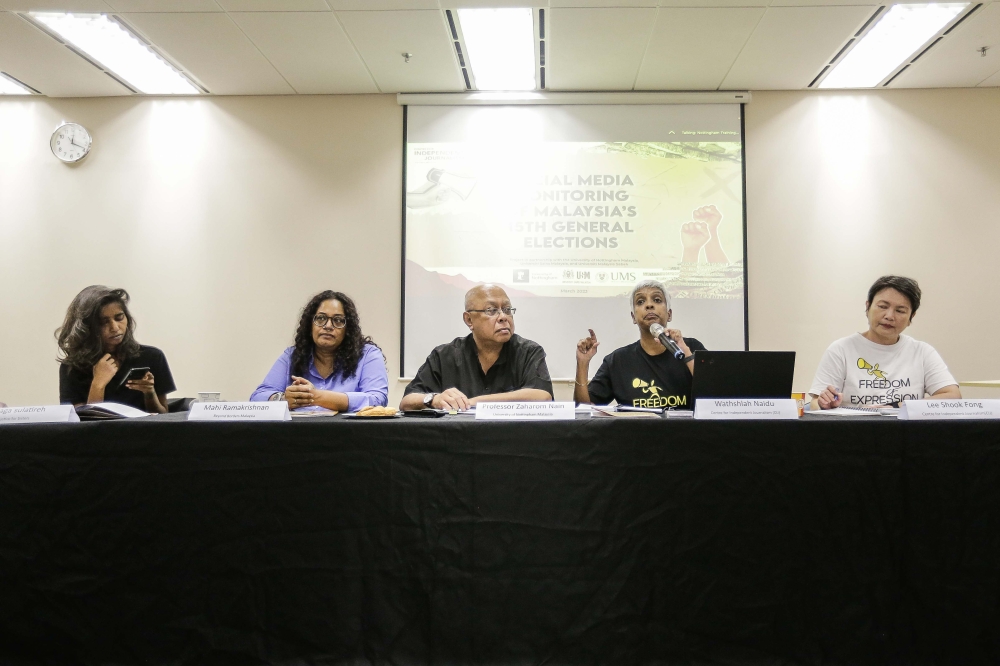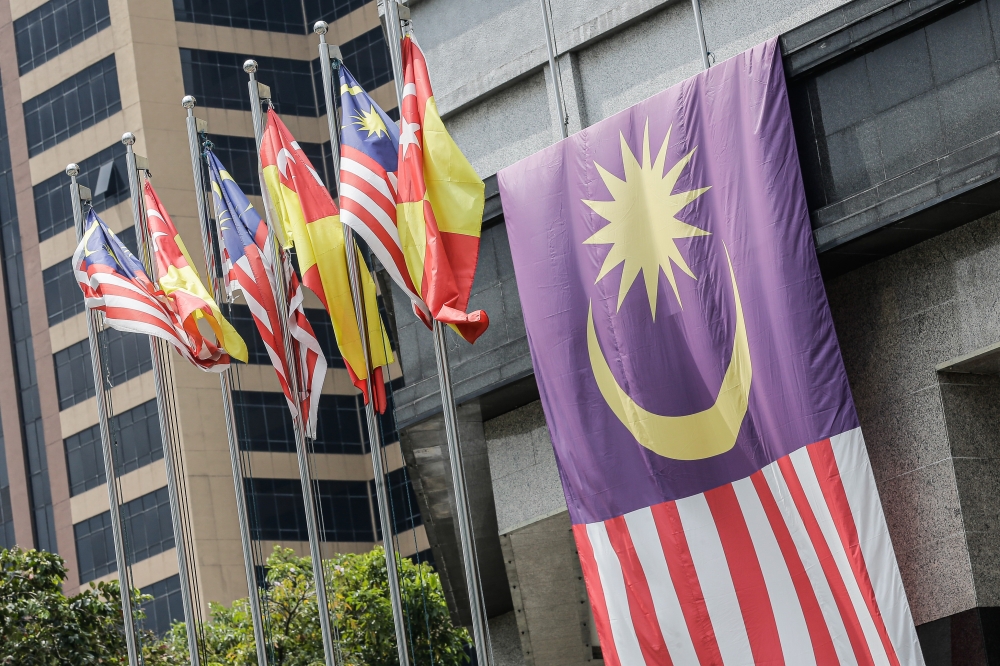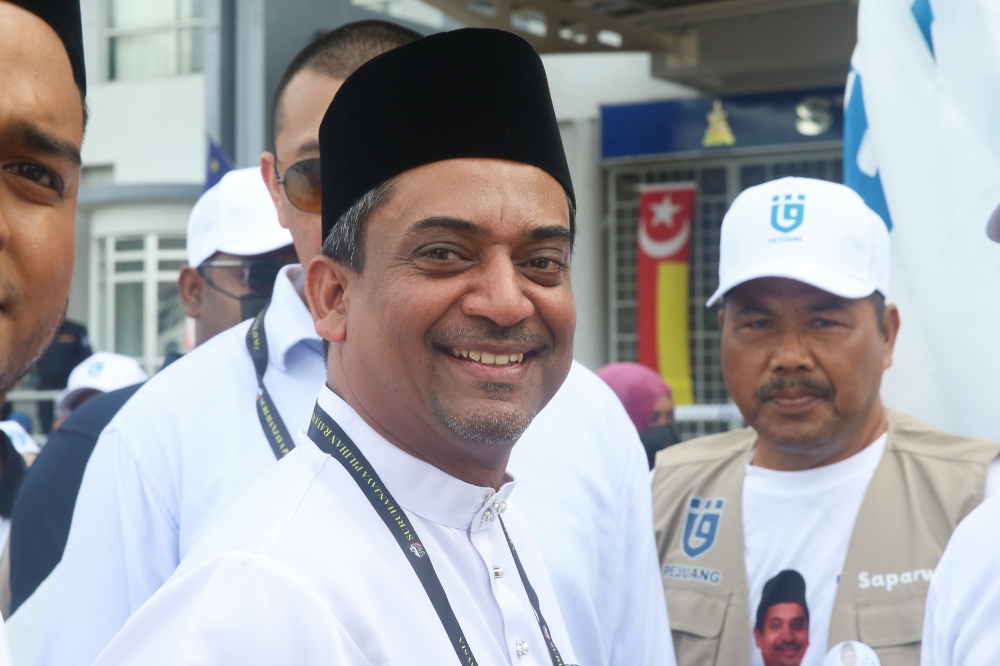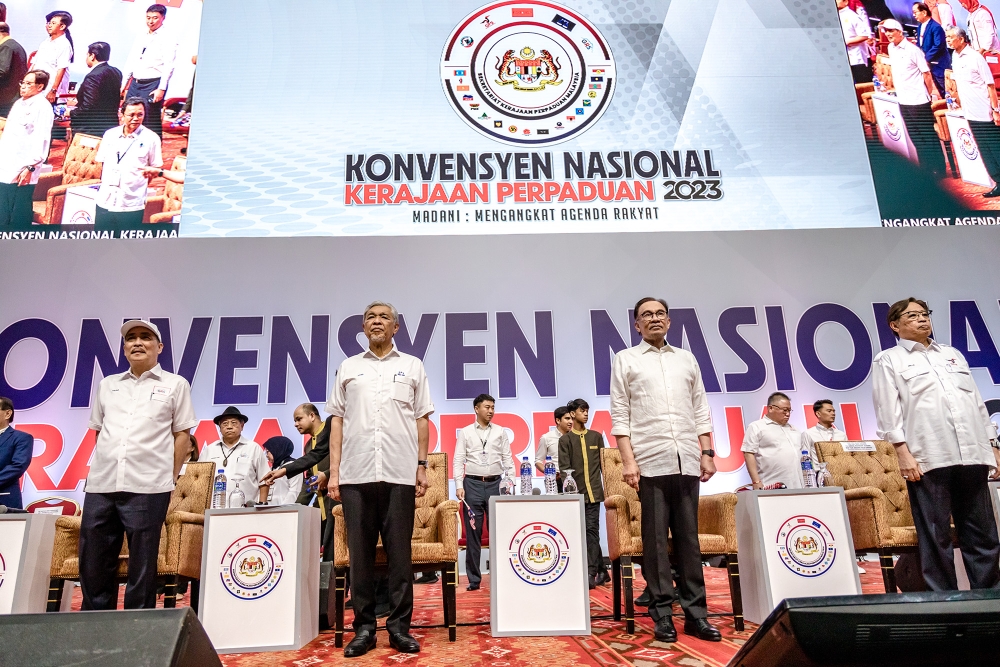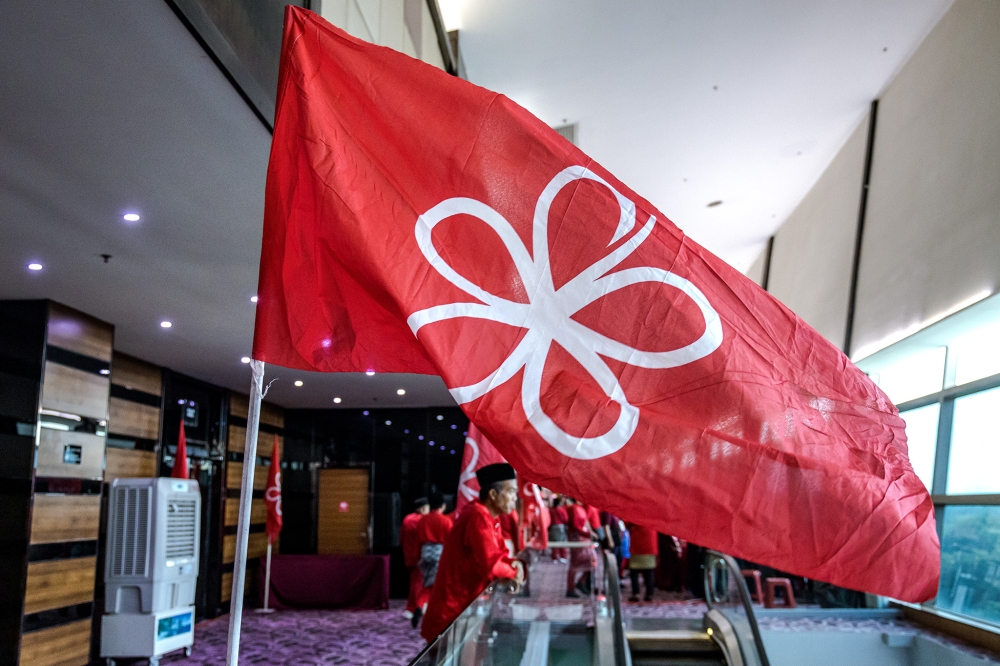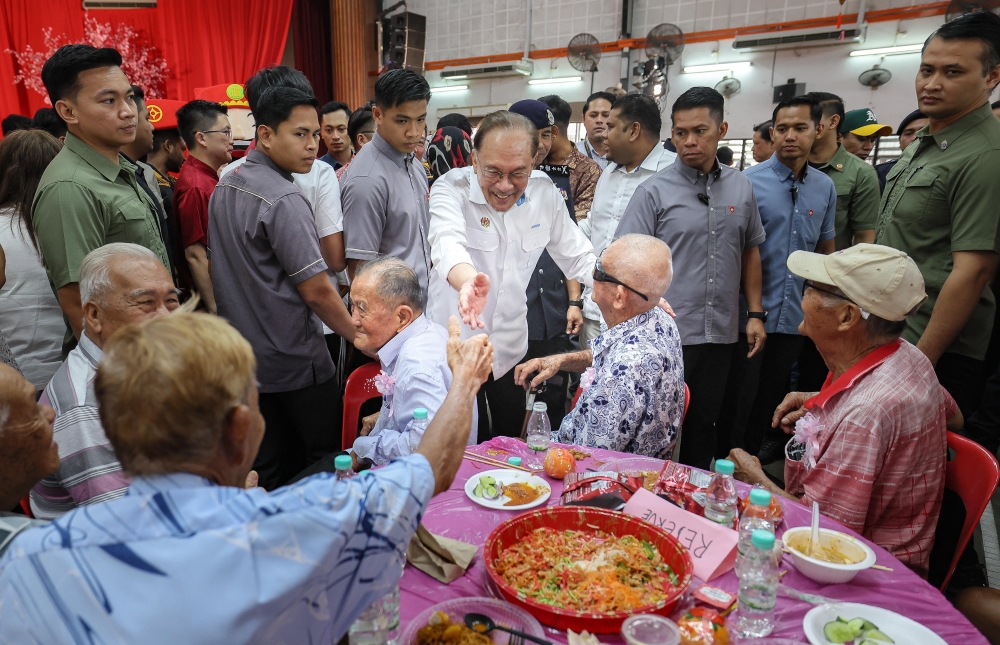KUALA LUMPUR, May 30 — Six state elections expected by August could see the continued weaponisation of racial and religious issues online by political parties as the problem has largely been unaddressed since the 15th general election, a media watchdog said today.
Centre for Independent Journalism (CIJ) executive director Wathshlah Naidu said a pilot study last year on the monitoring of hate speech and divisive language on social media platforms found similar patterns and issues linked to race and religion being exploited.
The actors found exploiting these issues were politicians, political parties, government agencies, media organisations and key opinion leaders.
“In that period, what we saw basically, it was almost a similar pattern, same issues being weaponised, the only difference is when there will be a spike.
“The sentiment did not generally change during our pilot study to the GE15’s campaign as far as our monitoring (on social media) goes,” she said during a media briefing here.
A pilot study was carried out from August 16 to September 30, with the final monitoring carried out between October 20 and November 26 last year.
The CIJ said the pilot was designed to test the monitoring tool and review the validity of the data collected while simultaneously assessing the readiness and reliability of the monitors; and the efficacy of the monitors’ reporting structure.
While unable to perform a full analysis of the pilot’s finding, Wathshlah said it would be telling to see the same rhetoric and pattern play out again in the coming state elections.
For one, Wathshlah said the recent seizure of over 100 watches from local stores of Swiss watchmaker Swatch, purportedly over the letters “LGBTQ” — which stands for lesbian, gay, bisexual, transgender, and queer — featured on them, reinforced the hypothesis that religious-based narratives were already in play

“For the state election, we will need to be more strategic as we are already foreseeing the possibility that it will be the same narrative because things have not really stopped,” she said.
“If we look at social media posts on refugees and migrants, its (narrative) continuing even post-election, the attacks are still continuing, with key opinion leaders having grown and the state is still taking the same action.”
Earlier, the CIJ said in its monitoring report that Islamist party PAS and its president, Tan Sri Abdul Hadi Awang, were found to be the most strident in inciting ethnic-based narratives on social media in the lead-up to GE15.
The report titled “Social Media monitoring of Malaysia’s 15th General Elections” said Abdul Hadi and his party were complicit in the incitement by neither calling out nor restricting social media users from further spreading hate in relation to ethnic groups.
Fuelled by communal politics and riding on religious conservatism, Perikatan Nasional — in which PAS is a component — made significant headways in Kelantan, Kedah and Terengganu by virtually sweeping almost all federal seats in the November polls.
Observers have predicted that the coalition would dominate the three states while threatening to make headway in Penang, Negeri Sembilan and Selangor, now under Pakatan Harapan administration.
The state elections for Kedah, Penang, Kelantan, Terengganu, Negri Sembilan and Selangor — expected to be held concurrently in July or August — were necessary as the six opted not to dissolve their state assemblies during GE15 last year.






